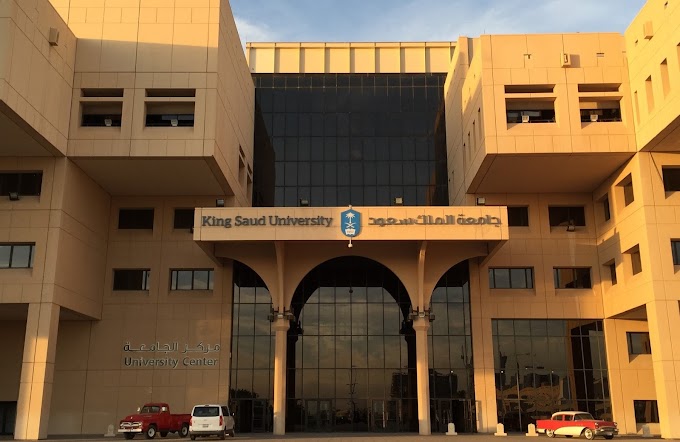To get the latest scholarship information, please follow our social media below: Telegram, Instagram, Twitter and Facebook!
Economics is the study of how individuals, businesses, and societies allocate scarce resources to satisfy their unlimited wants and needs. It is a social science that examines the production, distribution, and consumption of goods and services, aiming to understand how economies operate and how economic agents interact within these systems. By analyzing choices and trade-offs, economics provides insights into decision-making processes and the consequences of these decisions on various aspects of life.

The Science of Economics: Definition, Branches, and Key Problems
Definition of Economics
At its core, economics revolves around the concept of scarcity, which arises because resources such as time, money, labor, and raw materials are limited while human desires are virtually infinite. This fundamental tension between limited resources and unlimited wants necessitates choices, leading to the study of how these choices are made. Economics can be divided into two main areas: microeconomics and macroeconomics. Microeconomics focuses on individual economic units, such as consumers and firms, and their interactions in specific markets. Macroeconomics, on the other hand, looks at the economy as a whole, examining aggregate measures like national income, inflation, unemployment, and economic growth.
Branches of Economics
Economics encompasses a wide range of sub-disciplines, each addressing different aspects of economic behavior and phenomena. Some of the key branches include:
1. Microeconomics: This branch studies the behavior of individual agents, such as households and firms, and how they make decisions regarding the allocation of resources. Key topics include demand and supply, elasticity, consumer behavior, production and costs, market structures, and the theory of the firm.
2. Macroeconomics: Macroeconomics examines the economy on an aggregate level, focusing on broad indicators such as GDP, unemployment rates, and inflation. It analyzes how economic policies, such as fiscal and monetary policy, influence these indicators and the overall economic performance of a country.
3. Development Economics: This field studies the economic development process in low-income countries, exploring issues like poverty, inequality, and economic growth. It seeks to identify strategies and policies that can promote sustainable development and improve living standards.
4. International Economics: This branch deals with economic interactions between countries, including trade, investment, and currency exchange. It explores the effects of globalization, trade policies, and international agreements on national and global economies.
5. Behavioral Economics: By integrating insights from psychology, behavioral economics examines how cognitive biases and emotional factors influence economic decisions. This field challenges the traditional assumption of rational behavior, offering a more nuanced understanding of human decision-making.
6. Environmental Economics: This area focuses on the relationship between the economy and the environment, analyzing how economic activities impact natural resources and ecosystems. It also studies policies aimed at achieving sustainable development and mitigating environmental damage.
Problems in Economics
Despite its extensive scope, economics faces several complex problems that require innovative solutions. Some of the most pressing issues include:
1. Inequality: Economic inequality, both within and between countries, remains a significant challenge. The disparity in income and wealth distribution leads to social and economic problems, such as reduced social mobility, increased poverty, and social unrest. Addressing inequality involves implementing policies that promote fairer income distribution, improve access to education and healthcare, and create more inclusive economic opportunities.
2. Unemployment: High unemployment rates can have severe economic and social consequences, including reduced economic growth, increased poverty, and social instability. Economists seek to understand the causes of unemployment, such as technological changes, economic downturns, and structural shifts in the economy, to design effective policies that promote job creation and workforce development.
3. Inflation: Inflation, the sustained increase in the general price level of goods and services, erodes purchasing power and can lead to economic instability. Balancing inflation control with economic growth is a key challenge for policymakers, requiring careful management of monetary and fiscal policies.
4. Sustainable Development: Balancing economic growth with environmental sustainability is a critical issue. Overexploitation of natural resources, pollution, and climate change pose significant threats to long-term economic stability and human well-being. Developing and implementing sustainable practices and technologies is essential to ensure that economic progress does not come at the expense of the environment.
5. Globalization: While globalization has brought significant benefits, such as increased trade and investment, it also poses challenges, including job displacement, wage stagnation, and cultural homogenization. Economists and policymakers must address these challenges by creating policies that maximize the benefits of globalization while minimizing its adverse effects.
6. Health Economics: The economic impact of healthcare, especially in the wake of global pandemics like COVID-19, has highlighted the need for effective healthcare systems and policies. Balancing healthcare costs, access, and quality remains a significant challenge that requires innovative solutions.
In conclusion, economics is a vital discipline that helps us understand and navigate the complexities of resource allocation, production, and consumption. By exploring its various branches and addressing critical problems, economics provides valuable insights and tools to improve individual well-being and promote sustainable economic growth.






0 Comments